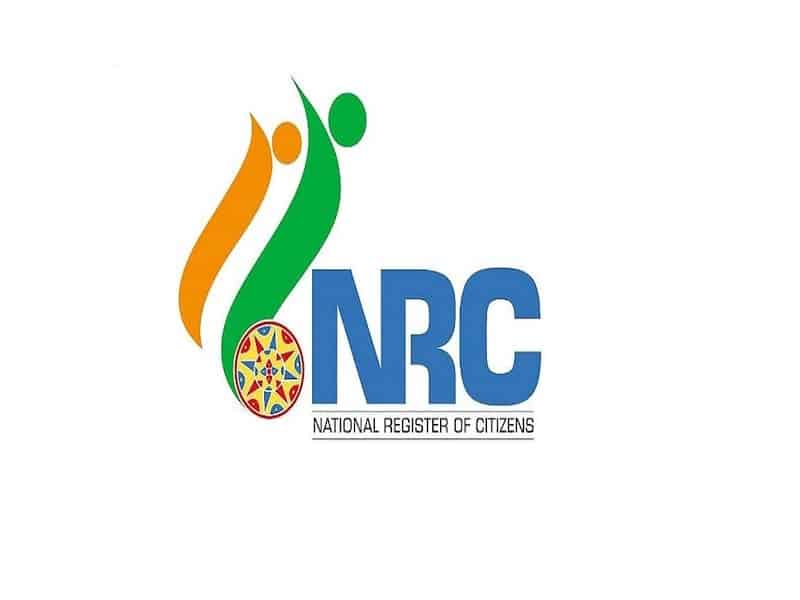By Mohammed Siddiq M., Abu Dhabi, UAE.
Abu Dhabi: The Citizenship Amendment Bill (CAB) first came into light of the Indian society on the 4th of December, 2019, Monday. It was a bill introduced as a potential opportunity for Hindus, Sikhs, Buddhist, Jains, Parsis, and Christians, living in neighboring countries such as Afghanistan, Bangladesh, Pakistan, etc. to be granted Indian citizenship, however, excluding the Muslims. This was the first bill that made religion a criterion for citizenship in a country that claims to stand firm on values guided by a secular constitution. The fact that this bill was discriminatory towards the Muslims enraged a large population of India, however, having hope in the houses of the parliament that would vote against the bill, the rage of the masses did not turn into massive protests.
Protests
However, once the bill was passed by the Lok Sabha on the 9th of December, Monday, protests began erupting. Once the bill was passed by the Rajya Sabha as well on the 11th of December, Wednesday, and had become an act, despite the large number of protests against it in the North-Eastern parts of India, protests quickly expanded and extended to various parts of India. While many believed that the act was a discrimination against the Islam practicing citizens, a faith practiced by over 20 crore Indians, i.e. 14% of the Indian population, the protesters from the North-Eastern parts of India feared that the migrants might dilute the culture of their land.
One of the protests that got the maximum media coverage and attention was the one held by the students of Jamia Millia University, Delhi, that began on the 13th of December, Friday. Thousands of students had come out to protest within the premises of their campus where the police officers entered the campus, lathi charged, and fired tear gas at them to break the protest. In this process of lathi charging and firing of tear gas by the police, over a hundred students were critically injured. In response to this act by the police, the head of Jamia Millia University demanded an investigation into how the police were allowed to enter the campus premises and cause harm to students and the university property.
In response to the discrimination pointed towards the Muslims, Bangladesh’s Foreign Minister, A.K. Abdul Momen had cancelled a scheduled visit to India according to which he was expected arrive on the 12th of December, Thursday. So far, in response to the protests held by the citizens of India, over 25 people have been killed and more than 4000 people have been detained by the police, and internet and phone services have been blocked. Historian Ramachandra Guha, a biographer of Mahatma Gandhi, was manhandled by the police as he was being detained in Bangalore.
Moreover, as Friday prayers ended on the 20th of December, a massive protest started from the Jama Masjid in Delhi and thousands protested outside major mosques of Hyderabad including the historic Makkah Masjid condemning the discriminatory act. Protests have quickly expanded from predominantly Muslim universities and communities to a much wider section of the Indian society.
‘CAA+NRC’ is discriminatory
Furthermore, CAA by itself is not the issue. But CAA+NRC is discriminatory. Due to the NRC, every citizen of India will have to prove that they are Indian. In case if a Non-Muslim does not have documents to prove himself/herself as Indian, the CAA will save them, however, in case if a Muslim does not have documents to prove himself/herself as Indian, the government will force them to leave the country.
The proposal of this act itself speaks volume regarding the sort of thinking a small portion of our society carries with them. Recently, during a discussion regarding the act between my classmates, one of my classmates stood in defense of the act rather firmly. He was not hesitant in declaring India as a “Hindu” nation in his argument despite the constitution stating it as a secular state. He also went on to ask me whether I was “proud” of India. His question was clearly not a result of curiosity, it consisted a sense of doubt regarding the patriotism that Muslims carry with themselves. I was very clear regarding the fact that I am a proud Indian, but not proud of what India is turning into under the leadership of Narendra Modi and his dirty politics.
Non-Muslims in Bangladesh, Pak, Afghanistan
An even bigger matter of concern is the fact that nearly 3 crore non Muslims live in Bangladesh, Pakistan, and Afghanistan, even if half of them were to migrate to India, it would be rather impossible to provide them with employment, settlement, housing, and various other basic amenities. India is currently dealing with a crisis in terms of employment for the existing population that is over the age of 18 due to over population, how will it help anyone in the country if an additional number of people are included in the population of the country from outside.

